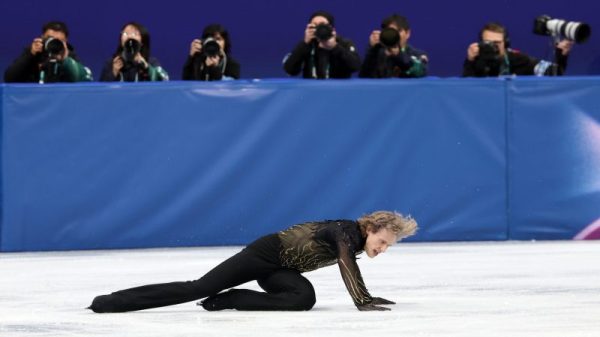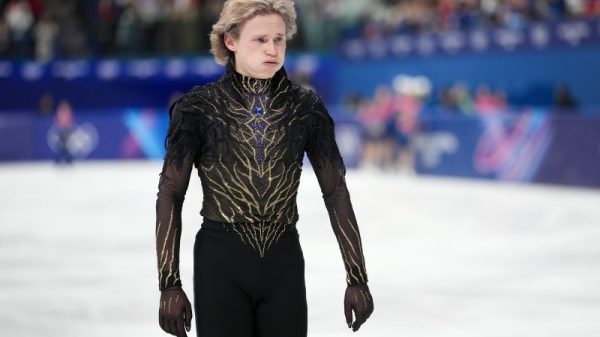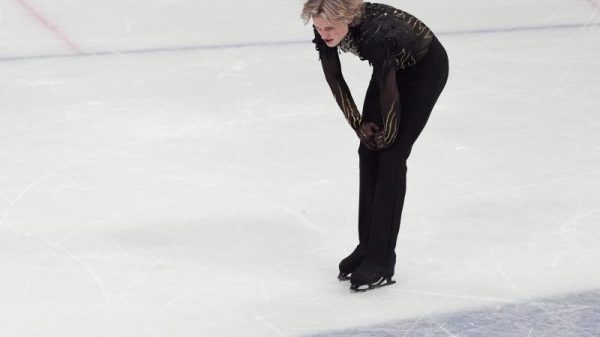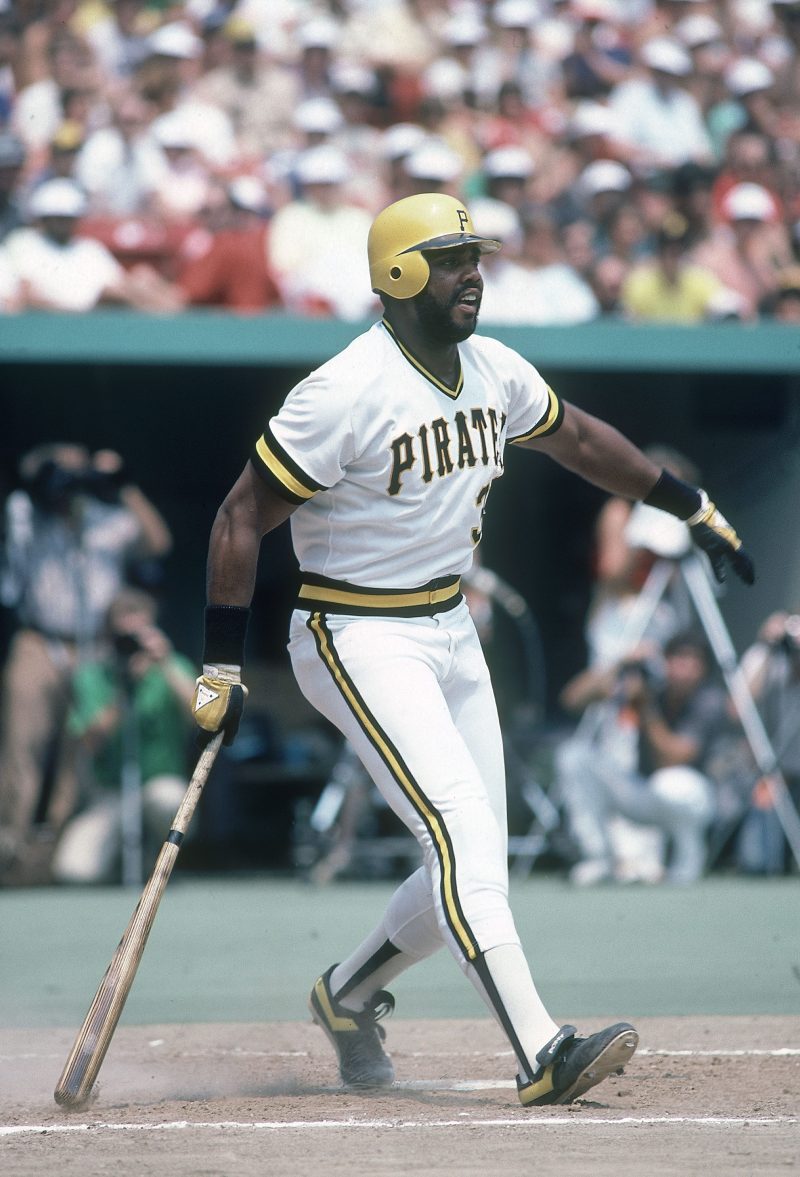One more month, he prayed.
Please, let him be healthy enough to get to Cooperstown, New York, to be inducted July 27 into Baseball’s Hall of Fame.
If not, at least keep him alive so he could hear his son present his speech.
He fought so courageously since hearing the news in December that he was elected to the Hall of Fame. He was in and out of physical rehab centers these past six months, losing part of his leg battling this dreadful Parkinson’s disease, leaving him confined to a wheelchair.
Two weeks ago, when he left his last rehab center, he was informed nothing more could be done.
Hospice intervened.
And on Saturday morning, the man they called ‘The Cobra,’ was gone.
Parker was 74.
“Man, I am crushed,’ former Oakland Athletics teammate Dave Stewart, one of Parker’s closest friends, told USA TODAY Sports. “He’s one of the greatest teammates I’ve ever had. He had such a presence when he walked into the room.
“He was always the biggest in the room with his size (6-foot-5, 230 pounds),’ Stewart said, “but when you add in his personality, he’s suddenly 7 feet tall. Just an unbelievable human being and was so charismatic. Everyone loved him.’
Barry Meister, Parker’s long-time agent, called him one of the greatest personalities in baseball history.
“There was no player in baseball with more magnetism than Dave Parker,’ Meister said. “The hair on your arms would stand up when he walked into that room. Everyone was aware that The Man had arrived.’
Parker, the former MVP, seven-time All-Star, three-time Gold Glove winner, two-time batting champion and two-time World Series champion, was nearly as well-known for his swagger and friendly braggadocio as his accomplishments.
He created the phrase: “When the leaves turn brown, I’ll be wearing the batting crown.’
And he would drop: ‘The sun is going to shine, the wind is going to blow, and Dave is going to go 4-for-4.”
He once wore a Star of David necklace, and when asked about it since he wasn’t Jewish, he said, “I’m a David. And I’m a star’
When notified in December that he and Dick Allen were voted in by the Classic Baseball Era Committee into the Hall of Fame, his initial reaction was, “Why did it take so long?’
Few in the game of baseball had Parker’s personality. He was one of the first professional athletes to wear an earring, a two-carat diamond earring. He was the first baseball player to earn $1 million per season. And he was among the first who was unafraid to bring a powerful personality into a clubhouse.
“He probably had more impact on young players,’ former Cincinnati Reds teammate Eric Davis said in a statement, “than any player I’ve ever been around.”
Davis was too distraught to talk, heartbroken that his close friend wouldn’t be in Cooperstown. So many friends and family members already planned trips, but even without Parker’s presence, most plan to still go, making sure everyone is aware of the impact he had on their lives.
Kellye, Parker’s wife, expressed to many of them Saturday how terribly difficult life has been for Parker these past few months. They’re comforted knowing he is now in a better place. No more pain. No more doctors. No more Parkinson’s.
“He was having such a hard time,’ Stewart said. “He had the ability to stand up, but not stand up for long periods of time. I remember when I talked to him after he got elected, I told him how happy I was for him, that it was long overdue, and how it should have happened long ago.
“All he could really say is, ‘Thank you Stew. I appreciate it. I love you brother.’
“I knew he was happy, but when you have Parkinson’s, you can’t really tell the emotion in people.’
Parker was diagnosed in 2012, and his family chooses to remember the good times: the healthy Parker, the vibrant Parker, and, oh, the hysterical Parker.
“He was always so funny,’ Stewart said. “He had you laughing all day. Parker had all of the leadership qualities, but he knew how to keep a clubhouse loose. In the worst of times, he always found something inspiring to say. In your personal worst of times, he would always make you laugh at yourself.’
Said Meister: “He was the funniest guy who ever played the game. He always had insults.’
The last time Parker saw Stewart, he noticed that Stewart was wearing a black shirt, black pants and a black jacket, blending in with his skin color, and blurted out: “Man, go put some clothes on! Why you walking around here naked?’
Oh, and he had nicknames for everyone.
Pitcher Greg Cadaret: “Dippy,’ for his big chin.
Catcher Terry Steinbach: “Home plate face.’
Pitcher Dennis Eckersley: “Pretty Pony.’
“I remember the time he and John Candelaria met up one night in spring training,’ Meister said, “and they really got after it. They hit the town hard. Well, Dave comes in the next day, and goes to sleep on the trainer’s table.
“They wanted him to pinch-hit late in the game, so they woke him up, he goes to the plate, and he hits this monstrous home run. The reporters asked him after the game, ‘What did you hit Dave? Was that a fastball? A curveball? What was it?’
“Dave says, ‘Well, I couldn’t really see. It looked like the guy was throwing three baseballs at once. So, I just swung at the middle one.’
That was Parker, always full of life, always colorful, and oh, so talented. He hit 22 home runs with a team-leading 97 RBIs when he helped lead the A’s to the 1989 World Series. He was 38 years old.
“They just don’t make them like that anymore,’ Meister said. “They really don’t. He’s one-of-a-kind. Believe me, everybody in baseball took a loss for this one.’
“Yes,’ says Stewart, “but we’re all better for having known him, and being such good friends with him.
“He will never be forgotten.’
Follow Nightengale on X: @Bnightengale



























